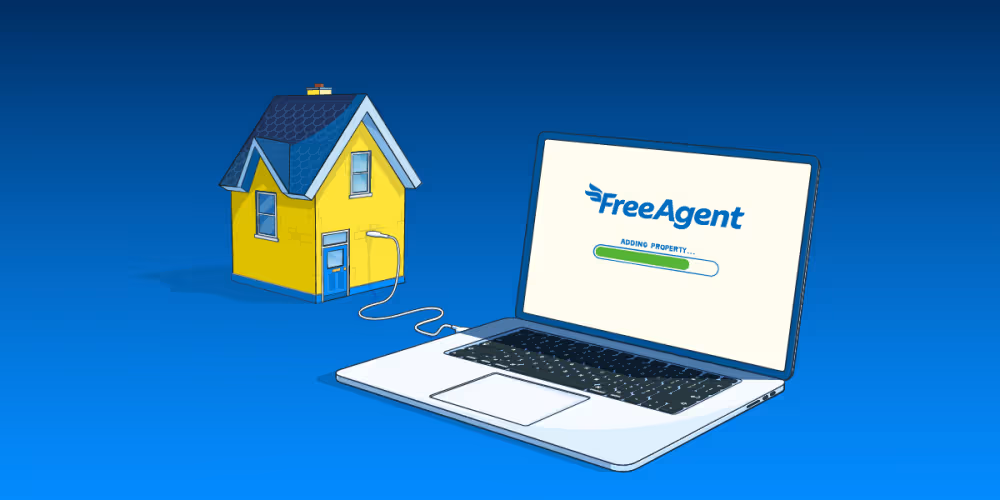The UK tax system is undergoing a fundamental transformation. Known as Making Tax Digital (MTD), this shift aims to streamline how individuals and businesses manage and report their taxes. For landlords, particularly those with sizeable rental income, MTD introduces both challenges and opportunities. Understanding the changes now can prevent complications later.
Who MTD Affects and When
Landlords in the UK will be required to follow MTD rules under a phased timetable based on income thresholds:
- From April 2026, if your total gross income from self-employment and property is £50,000 or more, MTD will apply.
- From April 2027, this threshold falls to £30,000.
- A further drop to £20,000 is expected by April 2028.
It is important to note that these thresholds refer to gross income, not profit. Even if a landlord has large expenses that significantly reduce their taxable profit, they must still comply if their gross income exceeds the threshold. For landlords with multiple properties or those combining rental income with other self-employed earnings, this will likely apply sooner rather than later.
Those who operate their property businesses through limited companies are not currently affected by MTD for Income Tax, as companies report under Corporation Tax, which is expected to follow the MTD framework at a later stage.
What MTD Requires
Under the MTD system, landlords will no longer be able to file a single Self Assessment return at the end of the year. Instead, they will need to:
- Maintain digital records using MTD-compatible software. Traditional spreadsheets or paper systems will not suffice unless bridged with compliant technology.
- Submit quarterly updates to HM Revenue & Customs (HMRC) summarising their income and allowable expenses. These will generally fall due in August, November, February, and May.
- Send a final declaration by 31 January following the end of the tax year. This replaces the current Self Assessment and allows landlords to confirm any additional reliefs or adjustments.
Landlords who jointly own properties will need to ensure income and expenses are appropriately split. In some cases, they may be eligible to file simplified returns if they meet HMRC’s conditions.
Benefits for Landlords
Though the changes introduce new requirements, there are practical upsides for landlords who adapt early.
- Improved financial clarity: By reporting income and expenses quarterly, landlords gain better visibility over cash flow and tax liabilities throughout the year.
- More accurate record-keeping: Digital tools reduce errors, automate calculations, and ensure that expenses are logged in real-time. No more last-minute hunts for receipts or end-of-year surprises.
- Tax planning opportunities: Frequent reporting encourages landlords to engage with accountants and advisors more regularly, enabling better strategic decisions on expenses, allowances, and investments.
- Potential reduction in penalties: By staying up to date and using reliable software, landlords may find it easier to avoid filing errors or missed deadlines.
Challenges and Considerations
Adopting MTD is not without its difficulties. Some landlords will face a learning curve and additional costs.
- Software expenses: Most MTD-compatible systems require monthly or annual subscriptions. For smaller landlords, this may seem like a burden, though it can also be a time-saving investment.
- Compliance pressure: Quarterly filing introduces new deadlines that must be met. Missing these could result in late submission points or penalties under HMRC’s new penalty regime.
- Privacy concerns: As landlords move to digital banking integrations and software tools, some may worry about the visibility of their financial data. Using a dedicated bank account solely for rental income and expenses can help maintain separation and privacy.
- Administrative load: Landlords who self-manage properties or lack professional accounting support may need to invest more time in digital systems, particularly during the initial transition.
How to Prepare
Landlords who begin preparing now will find the transition to MTD for income tax far smoother. Key steps include:
- Review income sources: Add up gross income from rental properties and self-employment. If you expect to meet or exceed the thresholds in the coming years, begin planning now.
- Select appropriate software: Choose an MTD-compatible tool that meets your needs. Some are designed specifically for landlords and include features such as bank feeds, expense categorisation, and reporting tools.
- Digitise your records: Start scanning receipts, tracking expenses in real-time, and linking your rental income to a separate bank account. This makes reporting far simpler when the time comes.
- Speak to an accountant: An experienced tax adviser can help you interpret the rules, set up the correct systems, and ensure compliance from the outset. For landlords with joint ownership or complex income streams, professional advice is especially valuable.
- Practice filing: Many software providers allow for test submissions or early adoption. By simulating quarterly updates ahead of the mandate, you can learn the process without the risk of penalties.
Final Thoughts
MTD landlords is a significant shift in how landlords interact with the tax system. While it adds compliance requirements, it also offers structure and clarity for those who embrace it. The days of once-a-year filing are fading. Instead, landlords must become more organised, more digitally aware, and more proactive in their tax affairs.
Those who adapt early will likely experience fewer disruptions and greater financial control. Those who delay may find themselves struggling to meet quarterly obligations under pressure.
Landlords have time—but not too much. Now is the moment to assess, prepare, and begin the transition. MTD is not simply about tax. It’s about running a property business with greater discipline and visibility.


